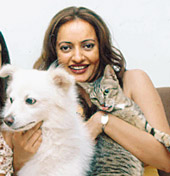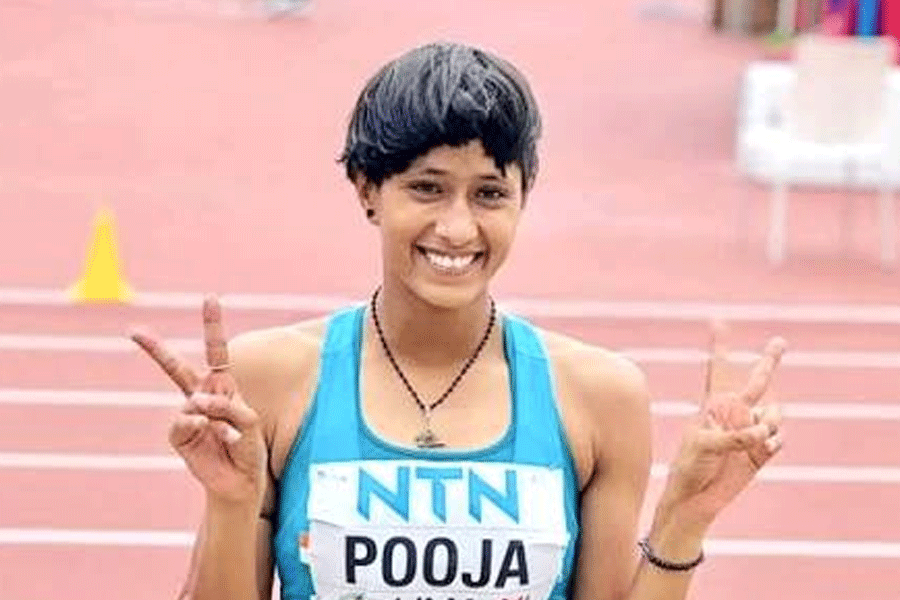 |
| Stray dogs on a Calcutta street. A file picture |
The origin of the Indian pariah dog dates back 12,000 to 15,000 years, making it older than any other breed. This is a distinct breed, coming under the category of primitive or aboriginal. Since it is not commercially bred or recognised, it has long been relegated to a second-class citizenship in the canine world.
Difference between a pariah dog, a stray dog and a mongrel: A pariah is a desi dog, while a stray is an ownerless dog and a mongrel is a mixed breed. In India, most strays are pariah dogs or mongrels.
Pariahs, a misunderstood lot: Every day, so many parents with young children confront a choice: what kind of dog do they get for the family? Armed with all the misleading information (pariahs are unpredictable, risky, aggressive) they pass these worthy dogs over and end up spending thousands in acquiring a pure-bred which may be less worthy. Most dogs come equipped with the remarkable blend of high intelligence, fierce loyalty, and boundless love. But human beings started to breed for type and began establishing differences among dogs, resulting in sloppily bred pure-bred dogs doomed to short, sickly and unhappy lives.
Hybrid heroes: Mixed-breed dogs are what nature intended of dogs. They are on the whole healthier, of more even disposition, and live longer than many pure-bred dogs. This is due to what geneticists call hybrid vigour. Pariahs are a proportionate mixed breed with erect, normal-sized ears, short hair so it wouldn?t be plagued by pests and with pelvises large enough to give birth. They are usually healthy and sturdy, and particularly hardy in our sweltering tropical climate.
Temperament: Pariahs are remarkably adaptable to domestication and are very friendly, alert, highly intelligent and naturally good watchdogs. They are extraordinarily loyal and devoted to their whole family.
Grooming & Exercise: Pariahs are very adaptable and will keep up with any sort of exercise you are willing to give them. Just a couple of short walks a day should keep them fit. They tend to be very clean dogs and need little grooming. If cared for properly and fed a well-balanced diet, they will rarely need to see a vet.
WSD Indian Pariah Dog Club: In May 2002, the WSD Indian Pariah Dog Club was launched to promote the adoption of dogs other than pure-breeds. Membership is free and open only to pariahs and mix-breeds (mongrels) that have been adopted as house pets. ?For years, the Indian pariah was looked down upon,? says Abodh Aras, CEO, WSD. ?But now, the Pariah Club will extend the right status to this affectionate and loving creature by encouraging more and more people to adopt them as house pets.? The club has been very successful and has over 100 members.
By adopting a pariah from one of the animal shelters in the city you will save a life and help ease the pet overpopulation crisis. Given a chance, apna desi pariahs would be wonderful family members.
NOTE: If you own a pariah or mongrel, call 022-23733433, or email to wsdpariah@wsdindia.org to enrol your dog as a member.










